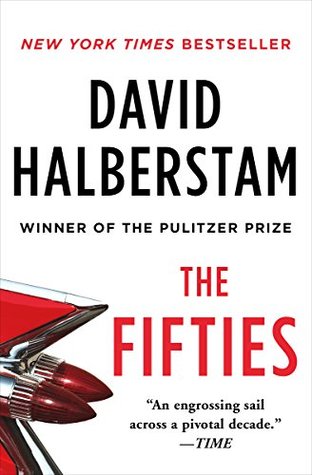It was a remarkably insensitive decision, reversing the tide of legal equality begun after the Civil War. “Justice Brown, in short would make no provision for the fact or purpose or result of the Civil War,” wrote Richard Kluger, a historian of the segregation decisions. “He [Justice Brown] wrote as if the South had won.” The vote against Plessy was seven to one, the one dissenting cast by John Marshall Harlan, the leading intellect of the Court and himself a very conservative man. In a passionate dissent, he noted that if the state could do this to blacks on railroad cars, could it not do it
...more
Welcome back. Just a moment while we sign you in to your Goodreads account.


